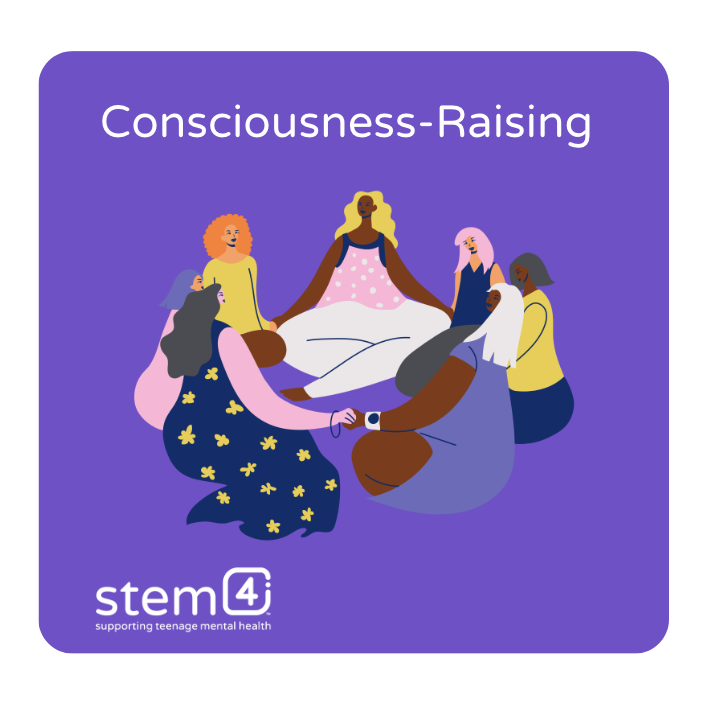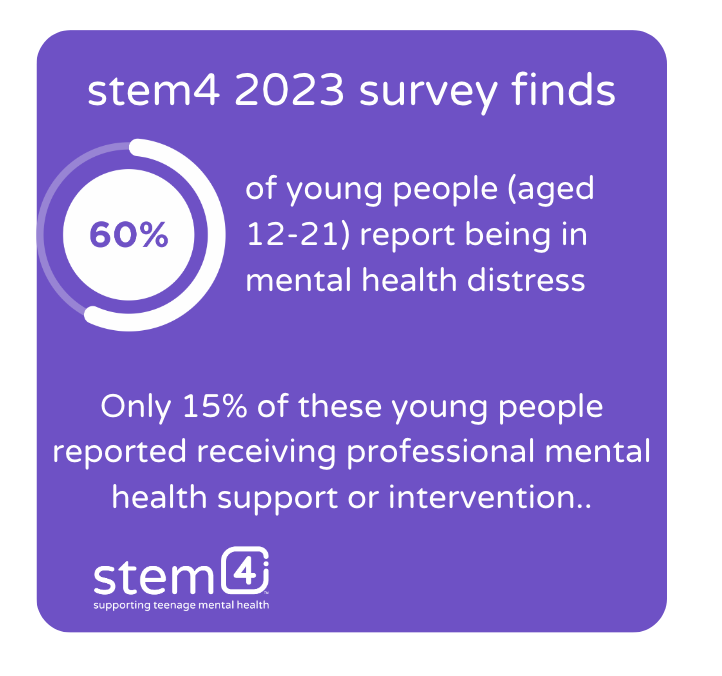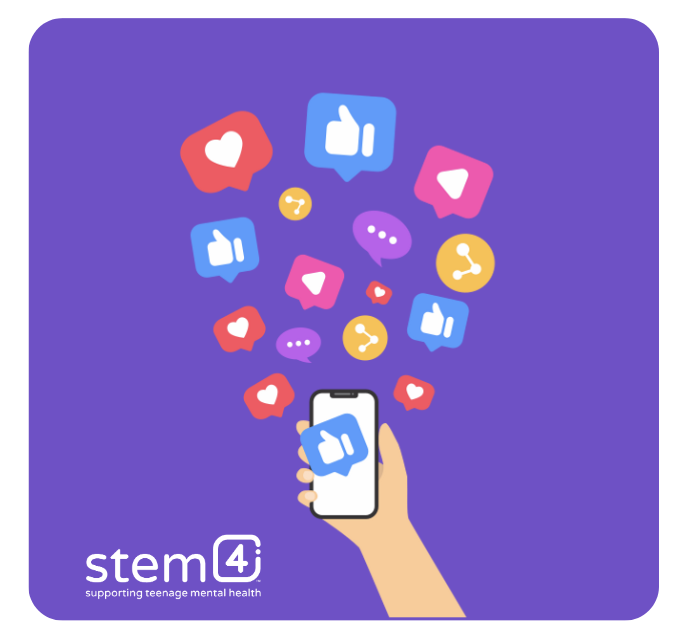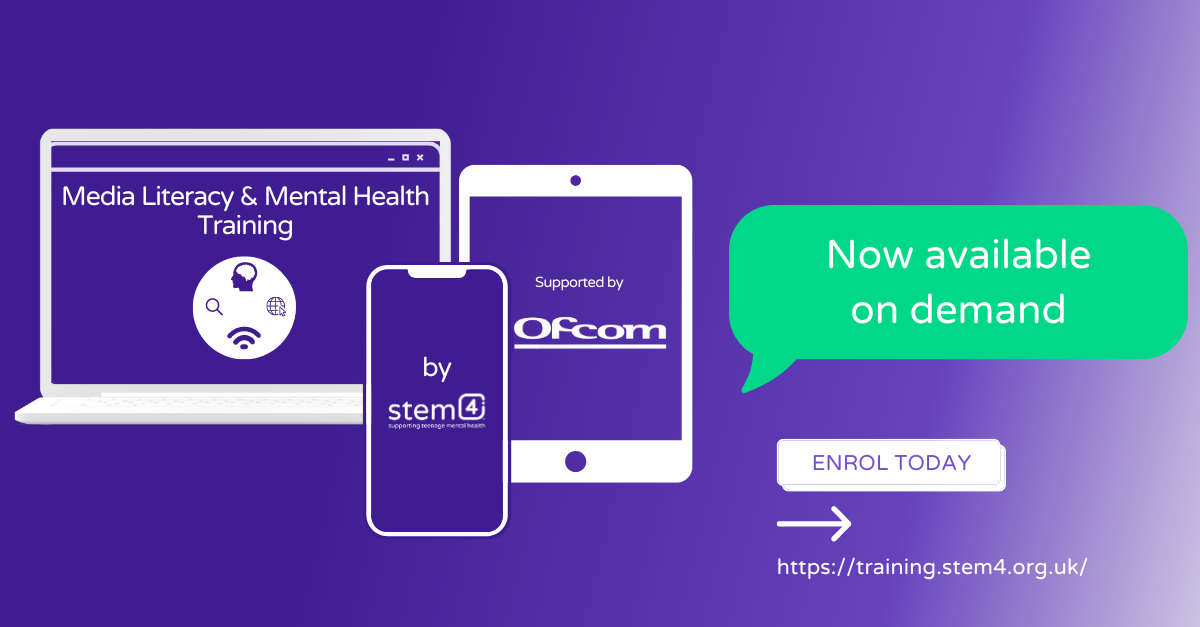Do Social Media platforms enable a modern form of Consciousness-Raising for young people with mental health challenges? Or do the challenges of such engagement pose greater risk to mental health?

As a youth mental health charity which specialises in digital solutions for the mental health challenges of young people, we have been increasingly interested in how young people find a feeling of safety and community with those online, for support with their mental health.

Consciousness-Raising is a form of political activism, which first became popularised during the Social Movements of the 1960s and 1970s, in the US and then in the UK. In the Women’s Liberation Movement in the UK, women joined groups across the country and spoke of shared experiences of the struggles they faced as women. The power of these groups was that they demonstrated to women that the problems they faced were shared with other women and thus it helped them to feel less alone and to identify the systems of oppression which they faced.
Concurrently, an additional form of consciousness raising developed through the use of newsletters and pamphlets.The Women’s Liberation Movement utilised newsletters such as ‘Spare Rib’ to spread awareness to a broader audience and to help women to feel less alone in the issues they faced.
Does the Digital Age we are in enable young people to participate in a modern form of ‘Mental Health Consciousness-Raising’?
As access to the internet and mobile phones has increased exponentially, the way in which we access and receive information has significantly changed. Children and young people are accessing the online world at a younger and faster rate than ever before. In 2023 Ofcom reported that 97% of 3-17 year olds went online in 2022.
As a consequence, there is an understandable anxiety which has been generated as adults worry about the impact social media has on young people.
One positive outcome of the digital age we live in, from the lens of mental health, is that social media platforms have created spaces in which the stigma surrounding mental health challenges has been challenged and thus a modern form of consciousness-raising has begun to develop. People use their platforms and create communities in which their mental health is openly discussed and people are helped to see that they are not alone in the mental health challenges they may be facing.
A girl, aged 17 who has an Autism Spectrum Disorder Diagnosis, told the ySKILLS Research Report, 2022 “I’ve learned so much about autism from being online and people sharing their personal stories, and I’ve identified with it really well. Even though I was already diagnosed, I understand so much more about how females represent Autism.”
Moreover, social media helps to foster a sense of camaraderie and support with others.
A boy aged 15, who has a diagnosis of ADHD and Tourette’s Syndrome (ySKILLS Research Report, 2022) shared “If you have nowhere to turn to, if in your offline life you’re by yourself, you have no one to talk to, there’s no one there for you. You can always go online and find somebody who will at least be generous enough to talk to you and to encourage you.”
Social Media can give a platform to those who seek to positively confront the stigma surrounding mental health challenges and to show people that they are not alone in their struggle.
However, despite these benefits, the unregulated and vast nature of the digital world means that there are also significant risks which can emerge for young people who have mental health issues.
Social Media cannot replace expert support

A 2023 survey conducted by stem4 found that 6 in 10 of the 12-21 year olds surveyed reported that they were in mental health distress. However, only 15% of this group reported receiving professional mental health support or intervention. The challenge is that as young people struggle to access mental health services, they are increasingly likely to turn to social media for mental health advice and support.
While there are many experts online who do use their platforms to spread helpful information regarding mental health, the extent to which this advice replaces direct help from a professional should be questioned. Social media can help with identifying common symptoms of mental health challenges a young person may be experiencing. But that information should be used as a nudge to get further help, at least for some. There is always a risk that people will wrongly self-identify with a mental health challenge that is not correct for their situation. A mental health professional will carefully consider their diagnosis and recommendations based on a comprehensive assessment of an individual’s needs.
As mental health ‘solutions’ are spread far and wide, it is the voice of the mental health expert which has largely been submerged in a sea of influencers and disinformation. Young people have a right to access accurate, non-stigmatising health information that helps them, and not lead them in the wrong direction.
At stem4 we have been running a ‘Media Literacy & Mental Health‘ training, sponsored by Ofcom, for UK professionals that has directly explored the direct harms for young people which arise from turning to these channels for their mental health guidance.
Incorrect and harmful information can be spread
Similarly, online sites can become damaging in promoting harmful content which can be triggering for young people.
As Dr Richard Graham, stem4’s Clinical Director and Consultant Child & Adolescent Psychiatrist, explains “Many platforms do not prioritise how accurate information is that is shared, but prioritise how much people engage with it. So magical, quick tips or unusual recommendations can draw users in, and harmful advice, such as pro-anorexic tips, is normalised or glamorised. It can be very difficult to critically think about advice coming from an influencer that you admire, that acts like your best friend.”
Dr Nihara Krause MBE, stem4 CEO and Consultant Clinical Psychologist says, “Whilst peer support and self-help approaches have their place, given the unique individual factors that need consideration, in terms of the aetiology and progression of a mental health condition, with a lack of targeted and evidence-based support, it is unlikely a young person can experience positive change easily. Reliance on social media DIY as a strategy for coping with anxiety and other mental health difficulties is, at best, a lottery, since whilst some may access validated support, other young people are presented with non-personalised, random or generalised content, which will often be amplified by algorithms ‘pushing’ further unsolicited content. In addition, people who are anxious seek reassurance, and can become reliant on their unhealthy online ‘checking behaviours’.”
Mental Health Content and Algorithms

Dr Richard Graham further elaborates “Many young people are very aware of how recommender systems and algorithms work, on social media and video sharing platforms. They may even make conscious decisions to try and clean the algorithms, to keep their news feed positive and supportive. Whilst that may not always be effective, there is a more sad aspect. Young people may be very cautious about engaging with mental health content that would actually be supportive, because they don’t want to be profiled in that way, or flooded with similar content. They understand that algorithms focus on your past, and if you are struggling to recover, being reminded of difficult times can set you back. But in the end, if algorithms start to influence how we engage with mental health content, the very positive developments of consciousness raising could be lost to a generation.” (Read more about “How to Understand Social Media Algorithms“.)
Young people deserve to feel heard and seen and to know that they are not alone in their experience of mental health. However, we need to also consider how this digitised form of consciousness-raising can have negative impacts on the mental health of young people. If we can talk with young people about these dilemmas, it can help them to process and navigate what happens online.
We would warmly encourage you to attend our ‘Media Literacy & Mental Health‘ training on the 1st of February 9am-1pm (or complete the training on demand in your own time), if you are a UK professional working with young people in healthcare, social care or in the youth sector. This training is free and will help you to consider how to lessen the impact of the digital world on the mental health of young people. Register HERE.
For young people accessing our services, we pride ourselves on the fact that the information on our website, in our five mental health apps and on our social media profiles are all clinically informed by experienced professionals and sound. We hope that this offers a space for young people to feel they can gain a clearer understanding of mental health issues and what can be done to promote positive mental health.
That is their right.



